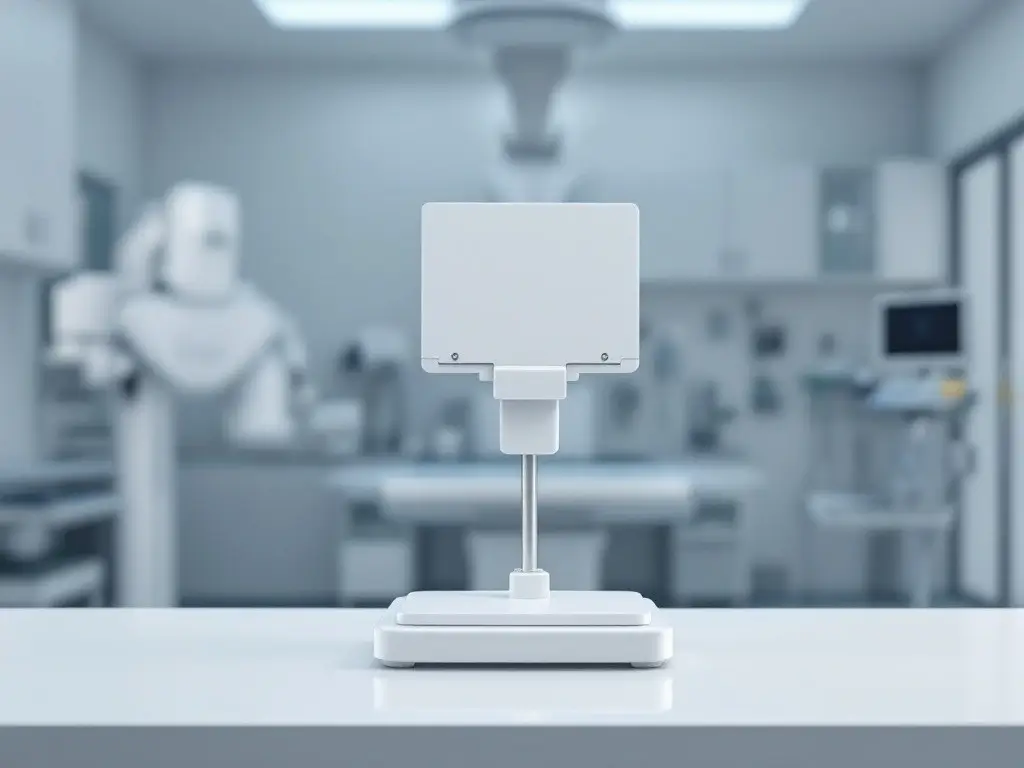Hospitals are institutions that provide medical and surgical care for the sick and injured. Running an efficient and safe one takes meticulous planning and organizing. From ensuring medical supplies are stocked and replenished, to securing adequate staff, there are many necessities.

We’ve put together a list of 6 things that all hospitals need.
Medical Equipment & Supplies
There are thousands of items needed for a hospital to run at its best.
Larger equipment like patient monitors and ECG machines are needed to allow new and ongoing assessments to be carried out.
Medical gas hose assemblies and associated equipment are needed by doctors and anesthetists to allow the safe distribution of oxygen and anesthetics. Smaller items like surgical masks, syringes, uniforms, and bandages are used every day in their hundreds.

Ensuring that stocks are therefore available and replenished is paramount in a hospital. There is staff responsible solely for this to ensure that the necessities are always available.
Pharmaceuticals
Whether it be tablets, liquid medicines or creams, thousands of medications are distributed to patients daily in a hospital.
These can be essential for patient care. Pharmaceuticals are usually kept in controlled zones within a hospital and only authorized members of staff have access. Medicines are usually distributed by nurses and each distribution recorded on a patients’ records.
A Well Trained Staff
A hospital can’t function without staff. It takes hundreds of trained professionals at all levels to ensure it runs like clockwork.
It is not only medical staff like doctors, surgeons, and nurses who make a hospital efficient. There is a host of other staff without whom, a hospital couldn’t run.
Clerical staff like receptionists, secretaries, and administrators are much needed. They are not only there to greet patients, confirm appointments and answer calls. They also carry out vital administrative tasks for doctors and senior management.
From preparing reports to keeping patients confidential files up to date, administrative and clerical staff have their hands full.
Porters are also essential in hospitals. They are there to move patients and items around the hospital. Whether it’s moving trolleys of food or relocating patients to different wards, a porter is a necessity.
The risk of infection in hospitals is high. That’s why cleaners are so important to the smooth running of a hospital. Germs can spread easily so wards and common areas being cleaned regularly is a must. Cleaners will visit wards sometimes multiple times a day.
Whilst not employed by hospitals, many recruit volunteers. Volunteers will visit the wards, sometimes with hot drinks and biscuits for the patients. Some will spend some time simply chatting to patients.
Sometimes a person’s stay can be lengthy so having a friendly face to chat with can make all the difference.
Emergency Medical Technicians
Whilst not primarily located in the hospital, emergency medical technicians are essential to a hospital. They are trained to provide emergency medical care and transportation. Following an emergency call, they may be the first on the scene. They are trained to assess and where necessary, provide life-saving measures to the patient. They would subsequently, when needed, transport patients to the nearest hospital, usually by ambulance. EMTs can then provide crucial information to thus doctors allowing them a good overview of the patients’ status.
Catering Facilities
Patients staying in hospital overnight are usually provided with meals. Catering facilities are therefore needed. Most hospitals will have their own allocated kitchen areas. Meals are either prepared in-house or will be ordered in from externals companies. They provide meals in large quantities to be heated once they reach the premises. Hospital catering assistants usually provide patients with a menu the day before so they can make a preferred selection in advance.
Internal Space
Every hospital needs a decent amount of internal space. Not only are wards and private rooms needed for patients but there are a host of other facilities and areas which are essential.
That’s why hospitals are usually pretty extensive. Areas are required for surgeons to carry out operations. Visitors need waiting rooms. Secure zones for housing medication; office areas for admin staff and allocated areas for controlled waste are only a small example.
Adequate ground for on-site parking is also a must. Whether it’s to visit a loved one or as an outpatient, hundreds of people visit hospitals every day.
Accident and Emergency areas also need their own allocated parking areas to ensure that ambulances can park quickly and easily, ensuring no delays with patient care.
These examples, coupled with the parking requirements for staff equates to a lot of incoming and outgoing traffic!